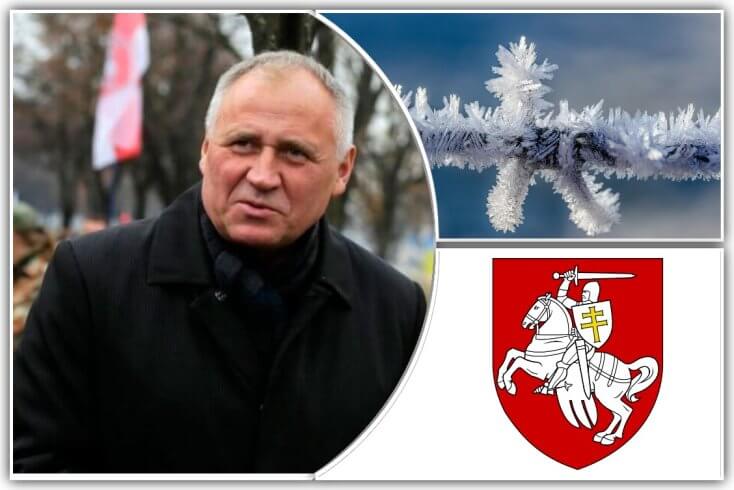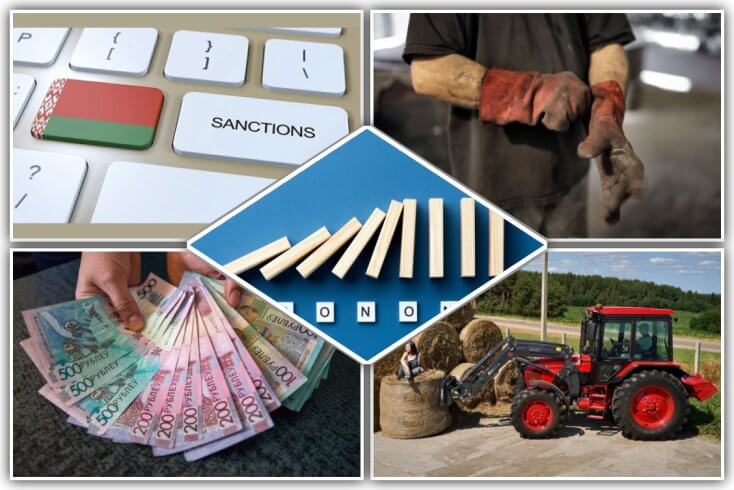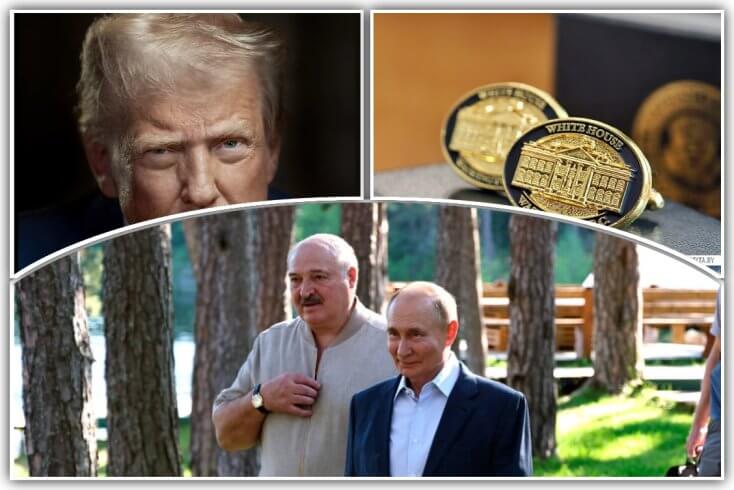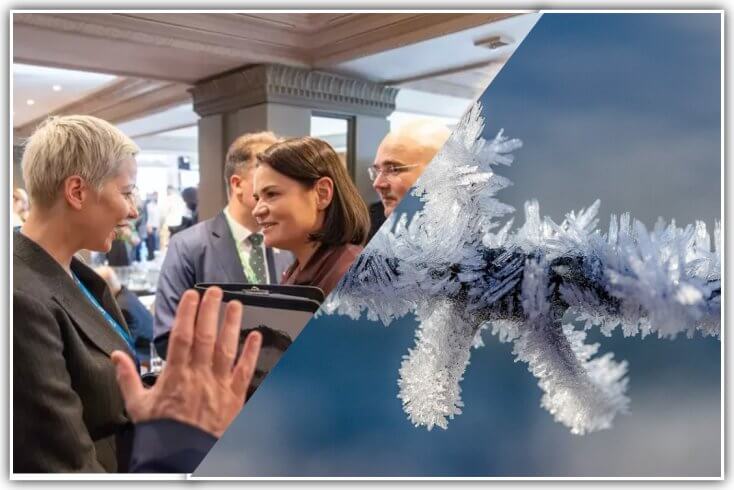Alaksandar Łukašenka declared on February 25 that he would run for president in 2025, but a few days later he retracted that statement, saying he was hesitant. He will definitely seek a new term, but what will his political opponents do in 2025?
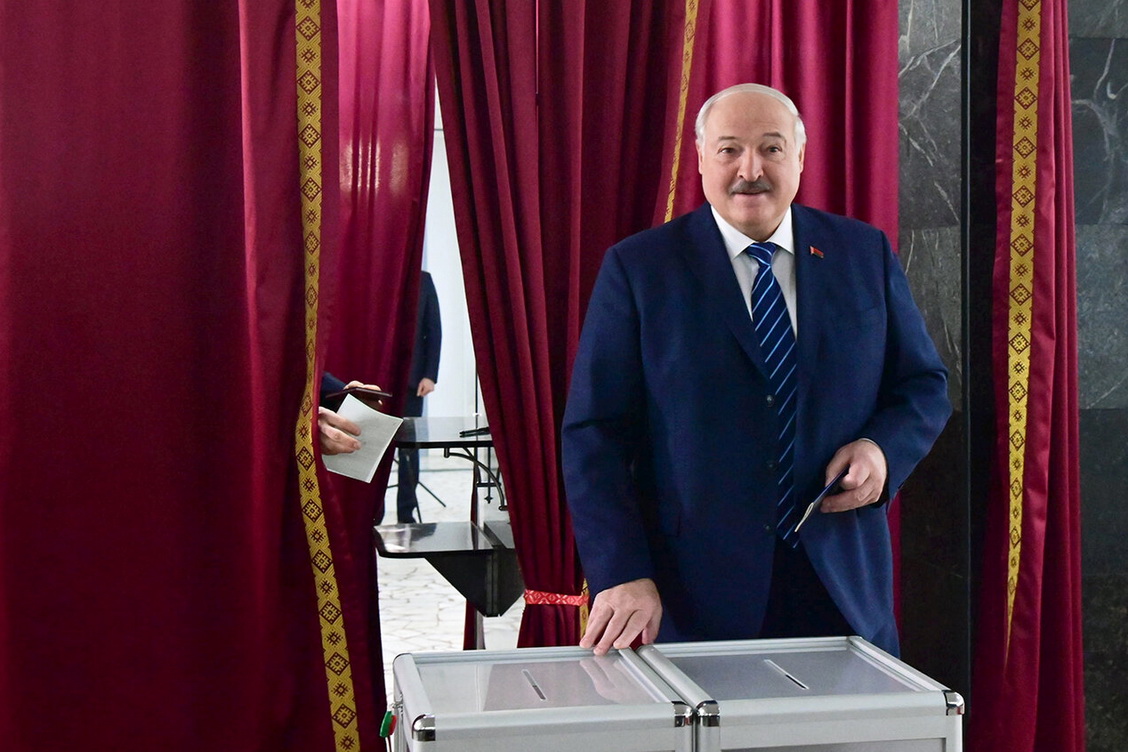
Question mark over Cichanoŭskaja’s legitimacy
The February 20-25 parliamentary and local elections were only a rehearsal for Łukashenka’s re-election, in fact his self-appointment, next year. He will not leave anything to chance or surprise.
It will be a tough challenge for pro-democracy forces. The opposition ignored the parliamentary and local elections, urging voters not to go to the polls. The presidential election, however flawed it may be, will require a more resolute response.
The West is unlikely to recognize Łukašenka as a legitimate president, but opposition leader Śviatłana Cichanoŭskaja may also come under scrutiny.
As time goes by after the 2020 peaceful uprising, the West’s attention for Belarus wanes. After the 2025 election it may be even more difficult to bring the country back into the spotlight.
It is hard to see how the opposition can put Łukašenka to test during his tightly choreographed campaign now that the domestic opposition is cowed by the weight of security services.
Opponents need to regroup
Cichanoŭskaja and her team are still prominent actors at the international arena, but their prospects also depend heavily on their ability to influence the situation at home. In addition, she can continue to advance the interests of Belarusian emigrants.
But one question may certainly become pressing, does the opposition need so many bodies? Cichanoŭskaja’s office, the United Transitional Cabinet, the National Anti-Crisis Management and the Coordination Council to name but few.
The politician established the government in exile in anticipation of the regime’s imminent collapse, but it seems unlikely now.
What will the shadow ministers, their subordinates and proto-parliamentarians do in a year or two? Will they be able to raise enough funds to finance these agencies and hire professionals for top jobs?
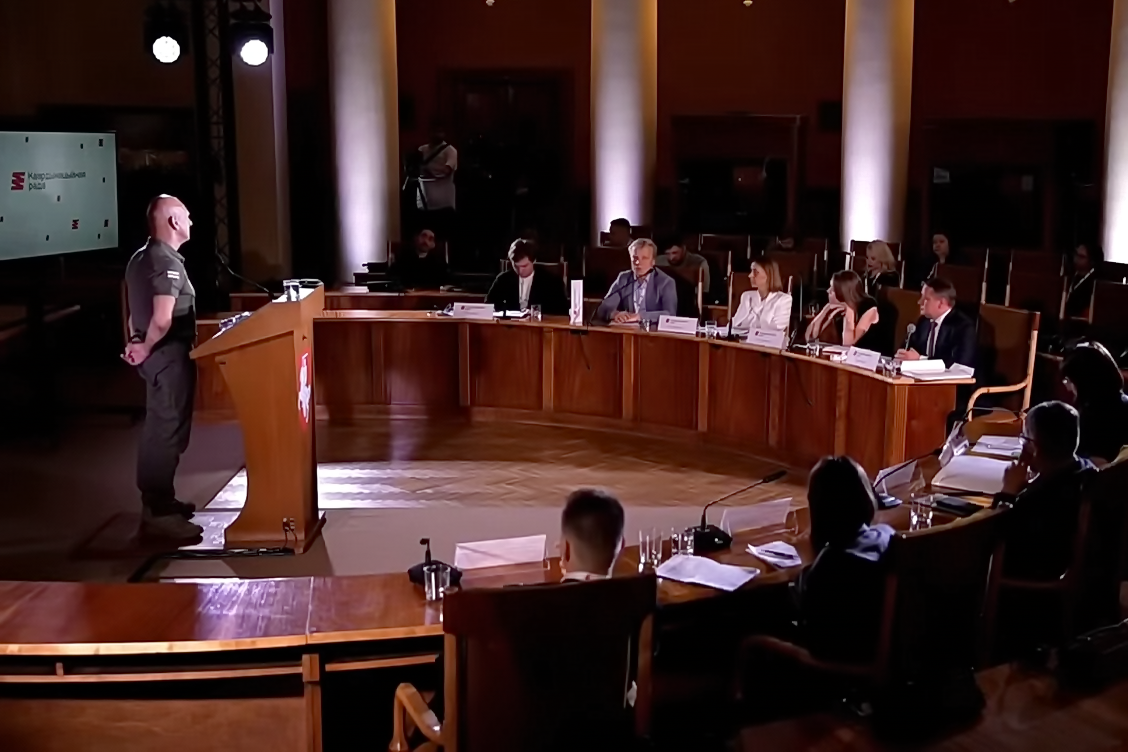
They are drafting reform plans and bills for new Belarus, but these papers may be outdated by the time change comes.
Ordinary people are much more concerned with how to make change possible and how to defeat Łukašenka.
He is backed by Russia, which would not concede the strategic Belarusian outpost to the pro-Western opposition.
Liberation seems almost unrealistic. When time for change comes and the people overthrow the regime, they will have new leaders, so they are unlikely to invite political emigrants to govern.
The current opposition risks ending up on the margins of politics just like the old one, which was outmuscled by Łukašenka, a talented populist. For a long time, he managed to raise the standard of living, mostly at Russia’s expense, to win over public support.
Now Łukašenka apparently does not have the support he had before. Instead, he relies on his security apparatus to imprison critics or force opponents into exile.
As time goes by, Belarusians in the country lose interest in the activities of exiled opposition leaders.
The opposition has declared that it will work toward membership of the European Union, but the goal is not supported by the majority of Belarusians at present. Besides, the EU does not open the gates wider, on the contrary, it is sealing off itself.
The idea of an armed uprising against Łukašenka has drawn much skepticism.
The opposition camp is working hard to help Belarusians with legalization abroad, unwittingly building itself reputation as the opposition for emigrants.
The pro-democracy forces have found themselves in a trap of time – not yet ready to give up, but not able to jump over the belt.
Opposition needs a revamp
When evil rules the ball, Ukrainian troops are retreating and Western support for Kyiv is clearly insufficient, no miracle strategy can be devised.
Opposition leaders should make sober assessments and rethink their place in time and space, status and mission.
Perhaps they need to streamline their organization. It may be painful, but otherwise some people may conclude that they are long on ambition and short on accomplishment.
The opposition leaders may need to rewrite their messages and scripts.
The sanctions have not paralyzed the regime, and unlikely to be ramped up to the point that they would break the regime’s neck. The West imposes or lifts restrictions for its own reasons, and the opposition has little influence on the process.
Łukashenka’s opponents want to see him arrested and tried at the International Criminal Court in The Hague.
But it is an obvious exaggeration to present their efforts in this direction as a game changer and to claim that an international arrest warrant would throw the system out of kilter.
It is extremely difficult to find a way to secure the release of political prisoners. There is a clear need for more flexibility and better coordination with Western actors. The prisoners should be freed at all costs as many of them risk dying before the dictatorship falls.
In general, there should be less political grandstanding and more openness, realism and simple empathy. Otherwise, opposition politicians based abroad may lose touch with the public in Belarus.
The opposition must stand up to the 2025 election challenge, even though a strong response seems almost impossible. Łukašenka ridicules his political opponents, but he does not look confident as he talks a lot about threats, as if suspecting that time is not on his side.
